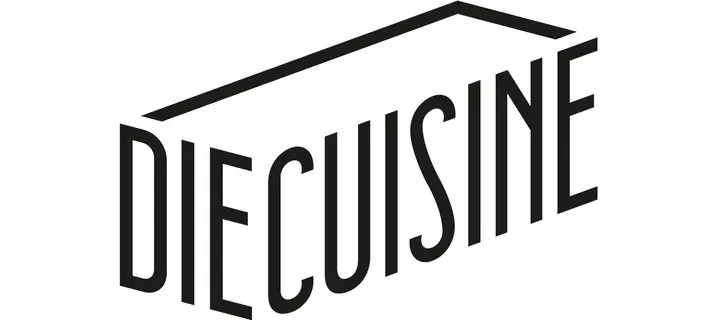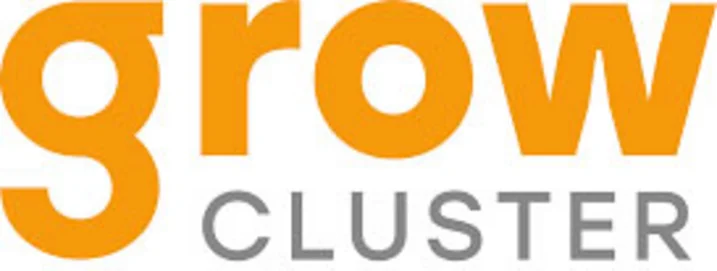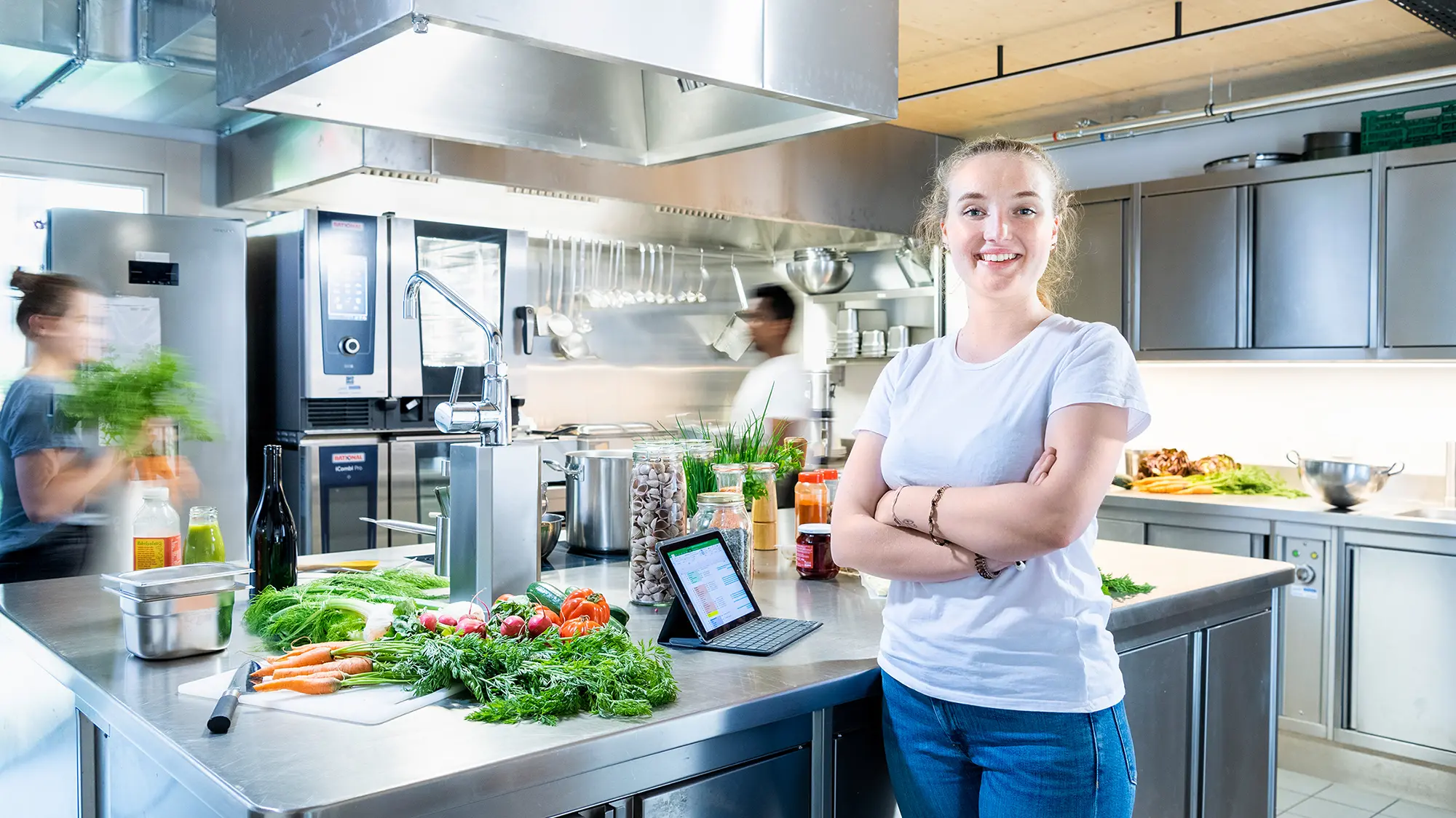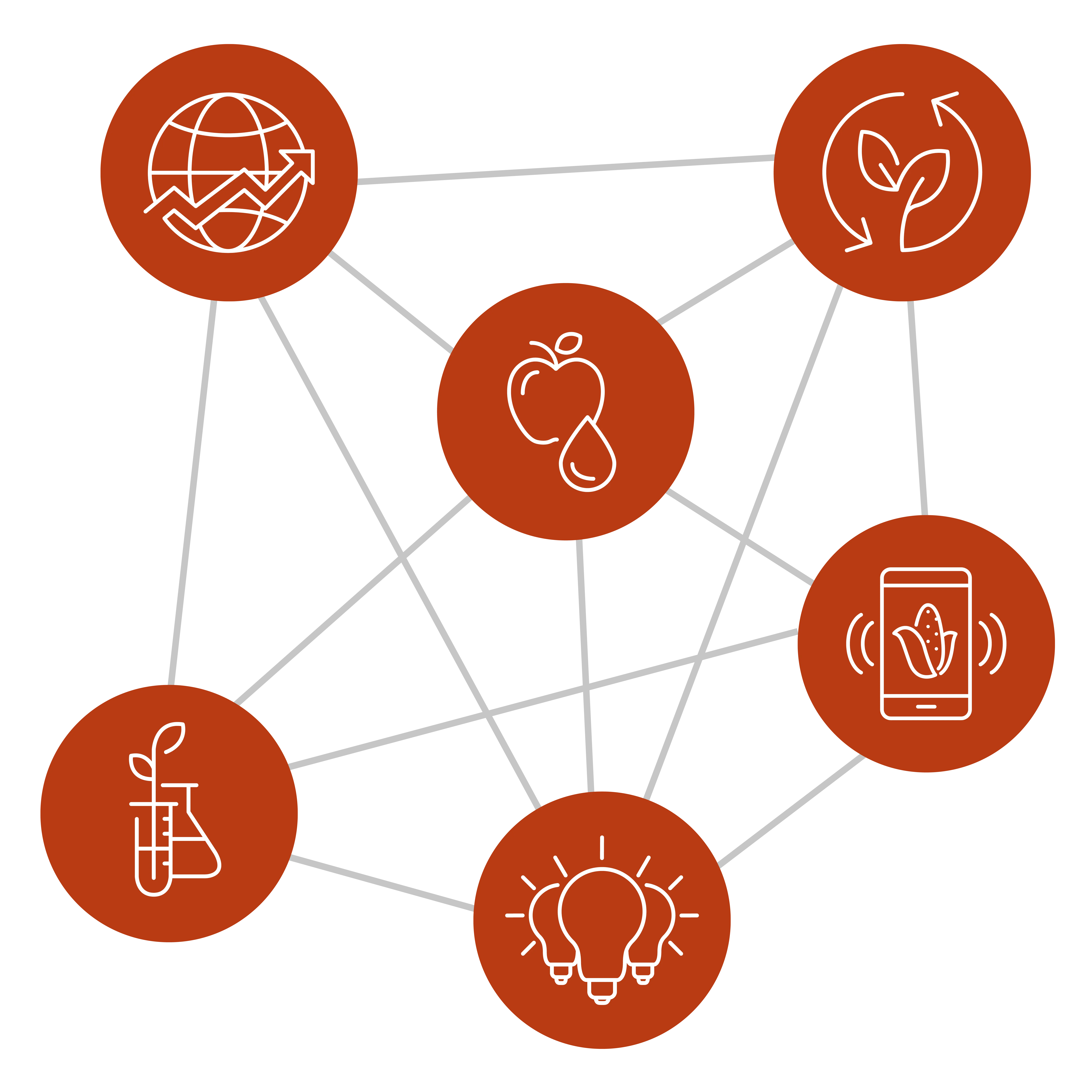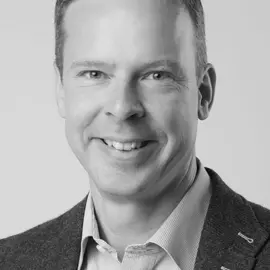Business Area Development
Regenerative systems offer solutions to today's and tomorrow's challenges. In the Life Sciences, we promote the development of such systems through education, research projects and collaboration with industry. We curate and bring together internal and external stakeholders and leverage the potential of networks through collaborative work.
We connect stakeholders from research, teaching, industry, public administration and society who work in the Life Sciences, primarily in the agro food sector. In doing so, innovations are initiated and implemented by taking an inter- and transdisciplinary approach, with a high level of focus on practical application.
We leverage the potential of networks through collaborative work. Solutions and business models are developed collaboratively and are implemented in economic contexts. We see ourselves as an agile platform that curates and brings together people and teams from different organisations.
We offer various services on the following topics within the context of the Life Sciences:
- Innovation development and promotion
- Product design and prototyping
- Co-creation workshops
- Planning and realisation of roundtable discussions and stakeholder dialogues
- Company-specific training programmes
Research
- Urban catering services - sustainable and healthy: Modelling sustainable nutrition in catering services without significantly increasing the cost of goods.
- Weltacker 2.0: Development of a digital educational course including an exhibition, based on the 2015 Weltacker project, which originated in Berlin.
- Agro Food Blockchain: Experience with blockchain in the agro food sector in cooperation with Delica AG and the La Laguna coffee project in Honduras. This project also includes the development of a ‘Blockchain’ course.
- Sustineri KSGR: Commissioned by the Hospitality & Service Department at the Cantonal Hospital of Graubünden, research is being conducted to determine how an organisation's catering services can become more sustainable.
- Farmer's PLUM: Development of a digital, process-based solution which provides support from the farmer to the caterer. [Planning, inventory management (Lagerverwaltung) and market access = PLUM]
In the area of education and teaching, the topic of regeneration is crucial to us. We aim to initiate and implement innovative thinking by taking an inter- and transdisciplinary teaching approach.
BSc in Natural Resource Sciences Modules
- Project management / Contact Person: Patrick Lütolf (Credits: 4 / Semester: 2)
- Sustainability management in companies / Contact Person: Patrick Lütolf (Credits: 6 / Semester: 5)
- Business Administration and Marketing / Contact Person: Thomas Bratschi (Credits: 4 / Semester: 3)
Continuing education courses: Foodward "Excellence in Food"

foodward - EXCELLENCE IN FOOD is a collaborative effort between the Zurich University of Applied Sciences (ZHAW) in Wädenswil, the foodward association and the Bern University of Applied Sciences (BFH-HAFL) in Zollikofen. It consists of eight CAS courses, which can be taken on a module-by-module basis towards either a DAS or MAS degree, as required and according to interest.
foodward - EXCELLENCE IN FOOD. This continuing education course for food professionals ...
- is the first training programme in the agro food sector to combine key issues from different areas of the value chain with business management and marketing know-how.
- is intended for agro food professionals from trade, gastronomy and production. It is also aimed at employees who are pursuing a horizontal or vertical career move.
- strives for a high degree of practical relevance - designed by people and institutions from within the industry.
- allows stakeholders in the agro food sector to communicate across value chains and capitalize on growth potentials.

“The term ’regenerative’ signifies focussing on the entire system. Through this master’s programme, we empower people to rethink systems at the point where business, food value creation and sustainability intersect. They further develop as individuals, learn to appreciate complementary skills within teams, and implement ideas effectively."
Maya Ladner, programme director of MSc in Preneurship for Regenerative Food Systems
The Master’s programme in Preneurship for Regenerative Food Systems combines the design of sustainable food systems with entrepreneurial skills and scientific approaches. The customisable programme employs innovative educational concepts, and the students learn collaboratively both from and in tandem with their fellow classmates. In the process, they are able to work together to develop practical solutions and become a part of the system change for food value creation.
Our students chose between three types of preneurship: they can establish their own start-up as an entrepreneur, implement sustainable innovations in a food company as an intrapreneur, or drive social change processes as a commonpreneur - with this Master's programme, they will become preneurs for regenerative food systems.
After graduating the MSc programme, our students will:
- drive forward the exchange and connection between people in the industry and society in order to solve global challenges.
- get to know the challenges of the food industry and its potential for sustainable and regenerative development, and the technologies and processes that are central to this.
- develop science-based and practice-oriented solutions in interdisciplinary teams and be able to implement these in a business context.
- come know their own strengths and weaknesses and be able to work in a self-organized and reflective manner. They will be trained to think both critically and systemically.
At a glance
- Degree: Master of Science (MSc) in Preneurship for Regenerative Food Systems (ZHAW)
- Planned start of studies: Spring semester 2022
- Workload: 90 ECTS
- Duration: 4 Semesters (standard mode of study), 5 or more semesters possible
- Registration deadline: October 31st
- Place of instruction: Wädenswil, and occasionally Winterthur, Zurich and other locations possible
- Language of instruction: Predominantly English
- Tuition fee: CHF 720 per semester + additional study-related expenses
Master of Science in Life Science - Food and Beverage Innovation
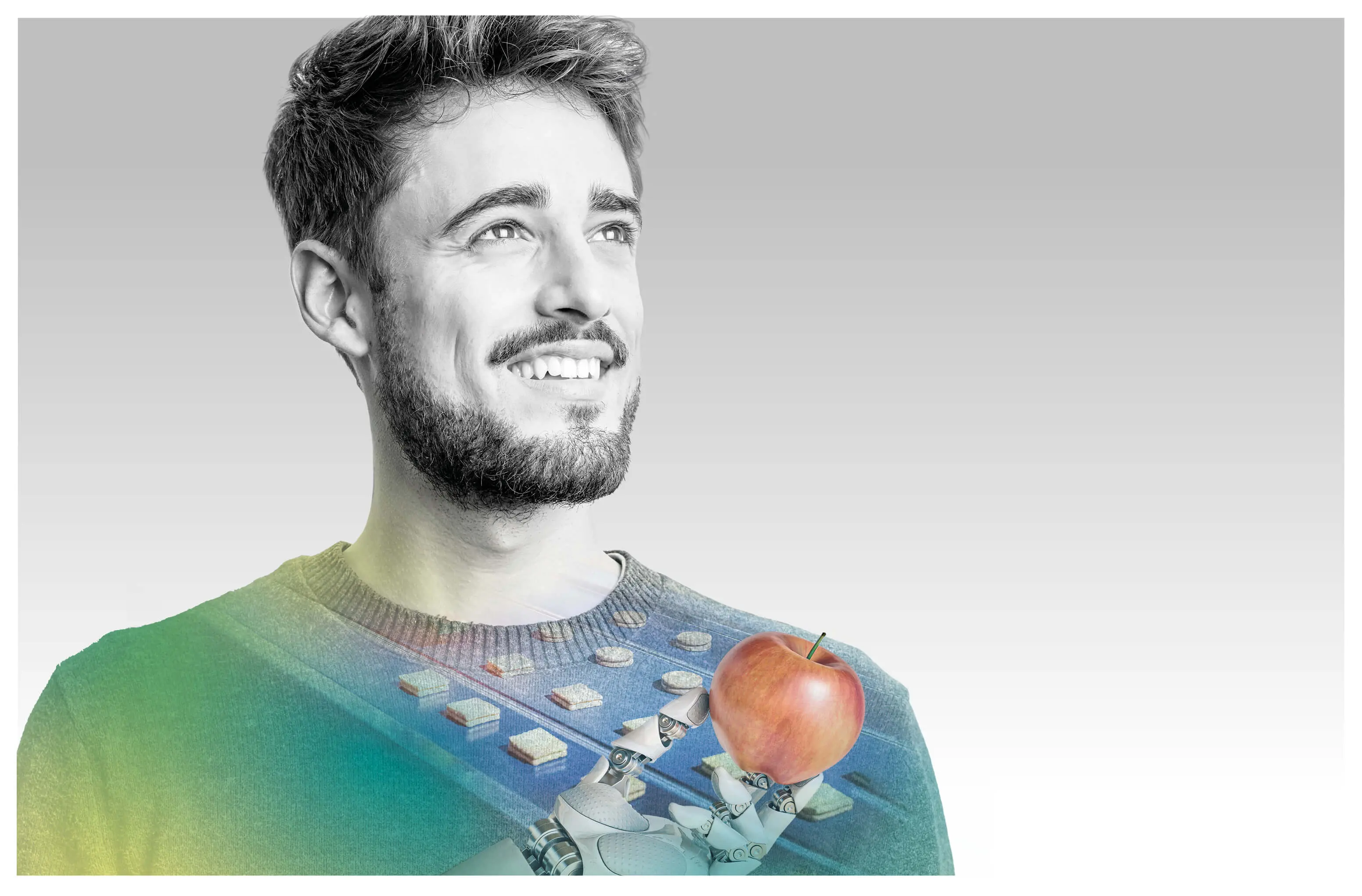
In the Master's program in Life Sciences with a specialization in Food and Beverage Innovation, students focus on innovative solutions for the food and beverage industry. They recognize innovation as a holistic process and independently develop new products and processes sustainably from raw material to market.





